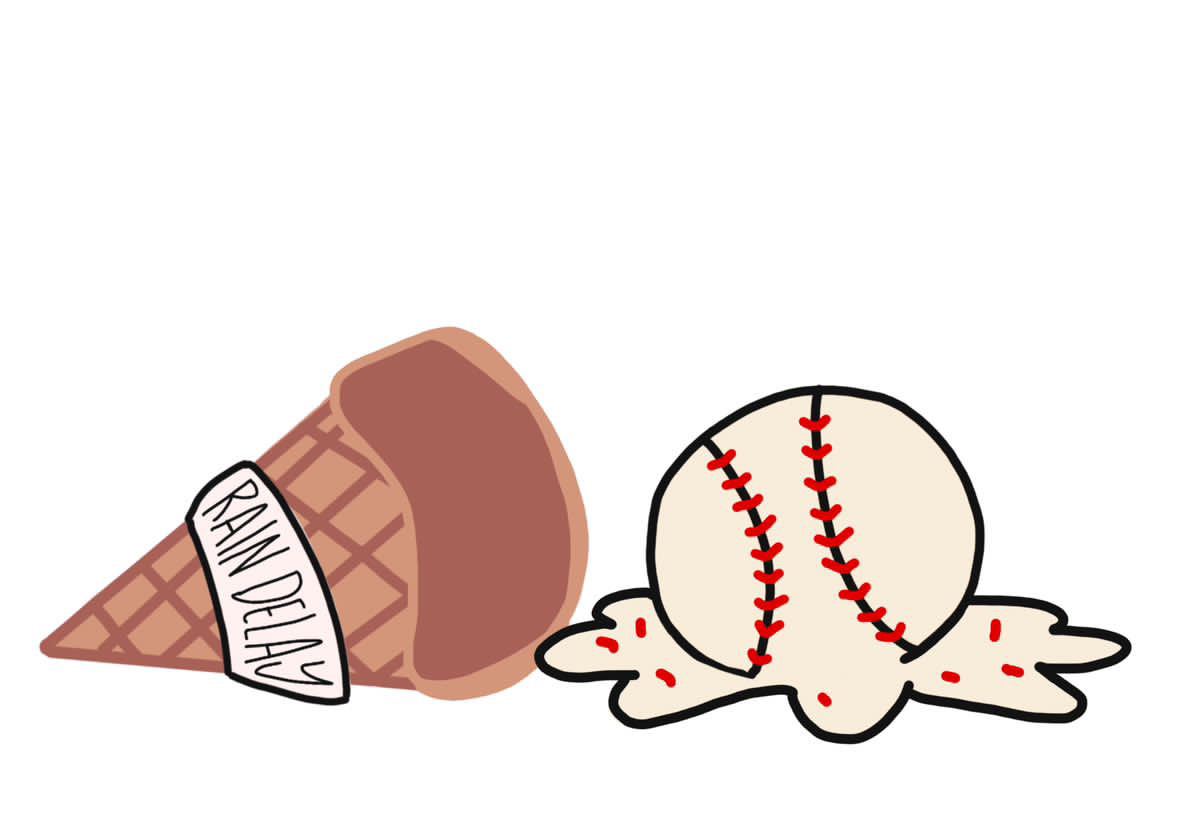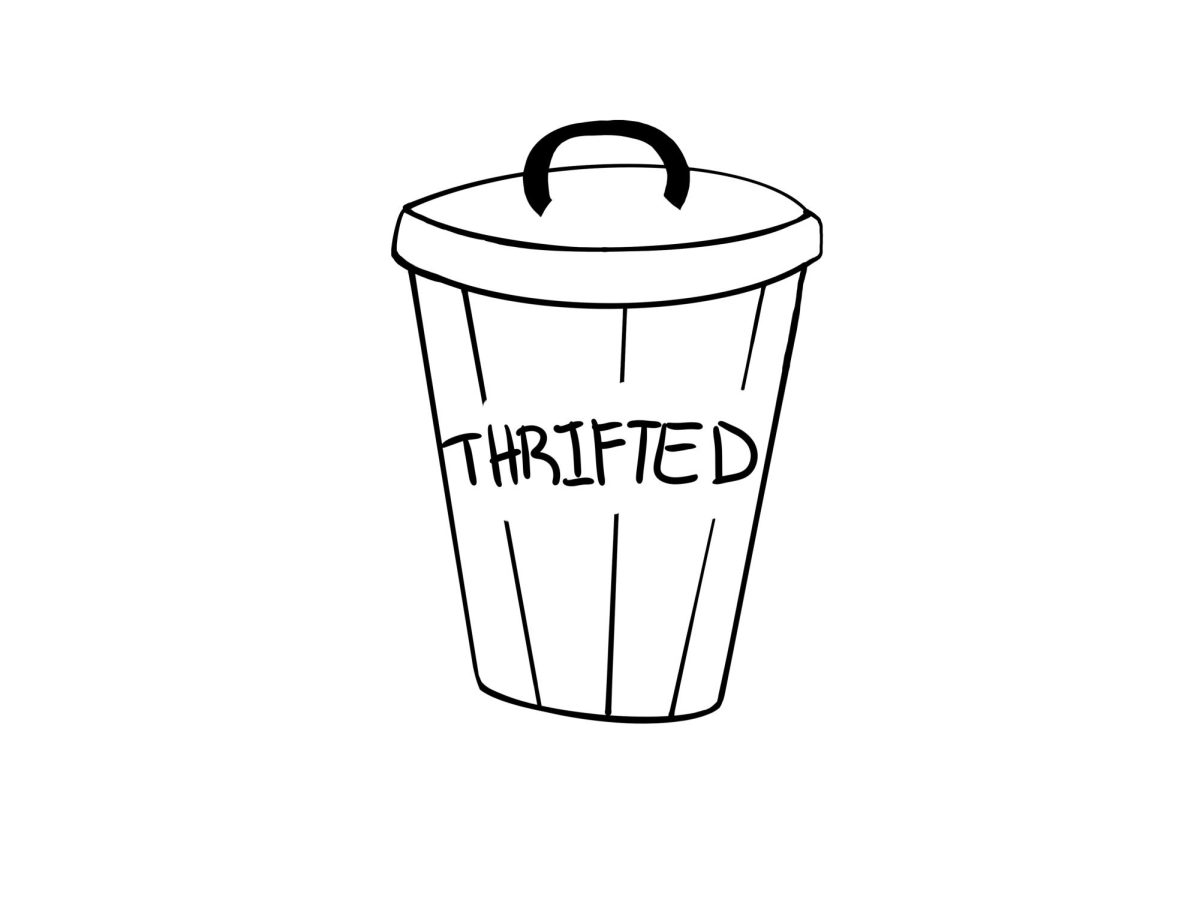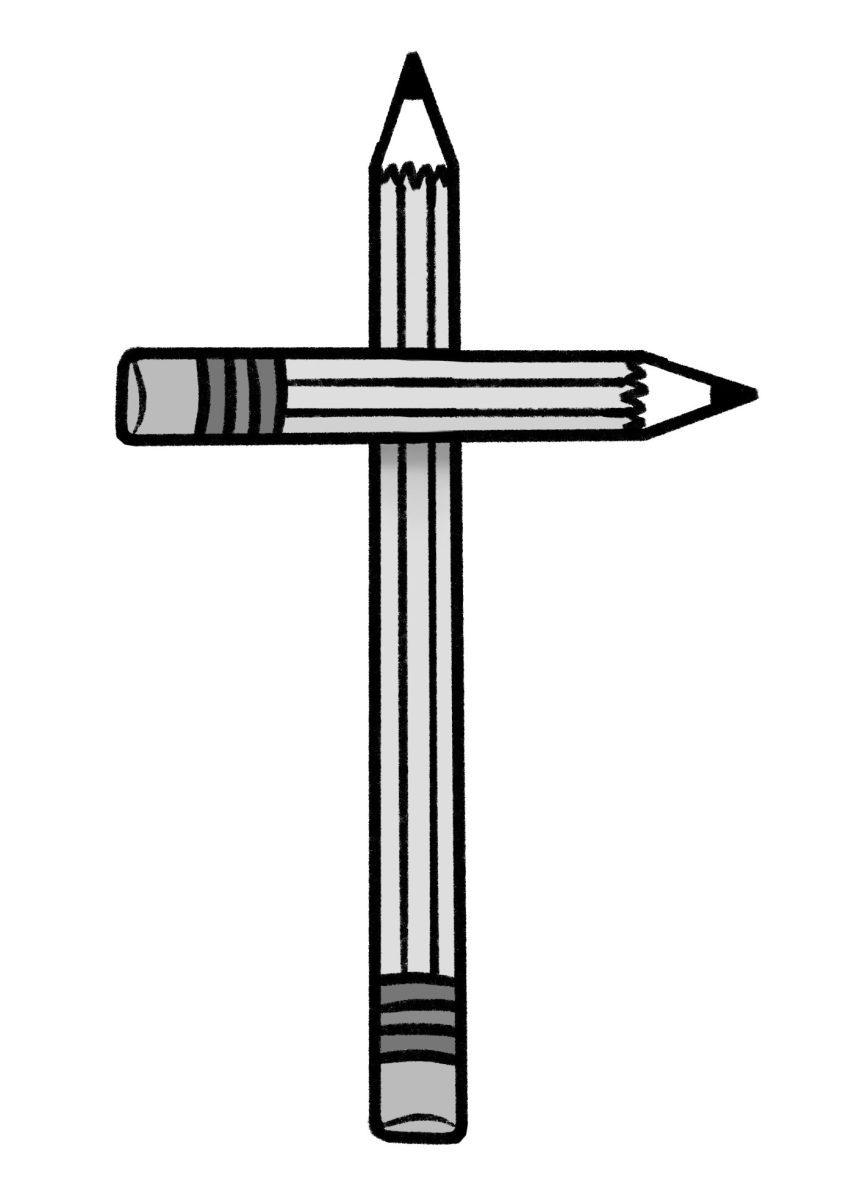I made a huge mistake in the seconds following the Stanford Cardinal postseason football game. After witnessing a last-minute overtime loss, I had the insolence to send out a half-witty tweet sharing my disappointment towards the Stanford placekicker who had just missed wide left.
In a moment that I now wish I could take back, I told my phone to spit out 140 hateful characters, ending sharply with “#ThisIsBulls**t.” Seconds after the kick, I was bashing a student athlete only three years older than myself, aided by a brigade of his own so-called fans and followers.
In one long, reflective moment, I realized how wrong my initial reaction had been, my erroneous
immediately showing their true stench. My friends, family, and extended electronic social network revealed that, though my own reaction was among the tamest in the world of college football, all of the hate being littered across the Internet was disgusting.
Stanford began the year as a National Championship contender, rolled their way to an 11 and 1 season, and fought through four quarters of Fiesta-esque football to let one chip shot field goal decide their fate. The kick sailed wide left from 35 yards, a distance well within the range of a Redwood place kicker, and a loss became imminent.
To send an athlete the storm of hostility that Jordan Williamson, Stanford’s kicker, was given over one flawed play embodies so much of what is wrong with American sports. The highlight reel era of athletics has instilled unrealistic values into millions of fans coast to coast. Game changing moments pass without notice, overshadowed by the flashy plays and hapless blunders of celebrity athletes.
I wish that this issue existed in one isolated incident, but that is plainly not the case. In the NFL, everything is amplified: faster halfbacks, bigger linemen, and swollen paychecks. The unfortunate fact is that this trend swiftly continues when it comes to fans giving players bum raps over common mistakes.
The whole Bay Area had a painful chill run down its spine when Kyle Williams muffed two punts during the NFC championship game last week, but only the haters went to Facebook to drop slurs of betrayal to their city and their team.
The real fans, who have watched every game for seasons on end, who wear their jerseys the day after a loss, who know that no one player is responsible for the entire team no matter how lopsided a roster, are the fans I want to be associated with when I tell people I’m from San Francisco.
I won’t tell anyone to hate or to love their team, but I question the validity of anyone’s argument that a kicker can single-handedly lose a game. Williamson, a finalist for the Lou Groza Award for college placekicker of the year before injuring his kicking leg, did not lose the Fiesta Bowl. Every player on the Stanford roster lost the Fiesta Bowl.
A thousand cliches could be spun about teamwork and unity in defense of a player who allegedly “blows” the game for his or her team: football is a game of inches, a cross country race is won in the final steps, and a baseball game could very well come down to one pitch. But it’s the first 100 yards, the other three miles, and nine preceding innings that put a team on the bubble in the first place.
However, the hateful rhetoric that the rest of the sports world and I indulged in after these games is derived from somewhere outside of such everyday athletic expressions. Countless angry spectators erupting in fury a the expense of an athlete they were cheering for only minutes before doesn’t make sense, regardless of how you spin your position.
I have nothing but respect for anyone who will step up and represent their school, city, or country’s team to the best of his or her ability. If I cheer for their collective success and then slam on players as individuals for their shortfalls, I’m just rooting for nothing more than 22 empty uniforms.
















